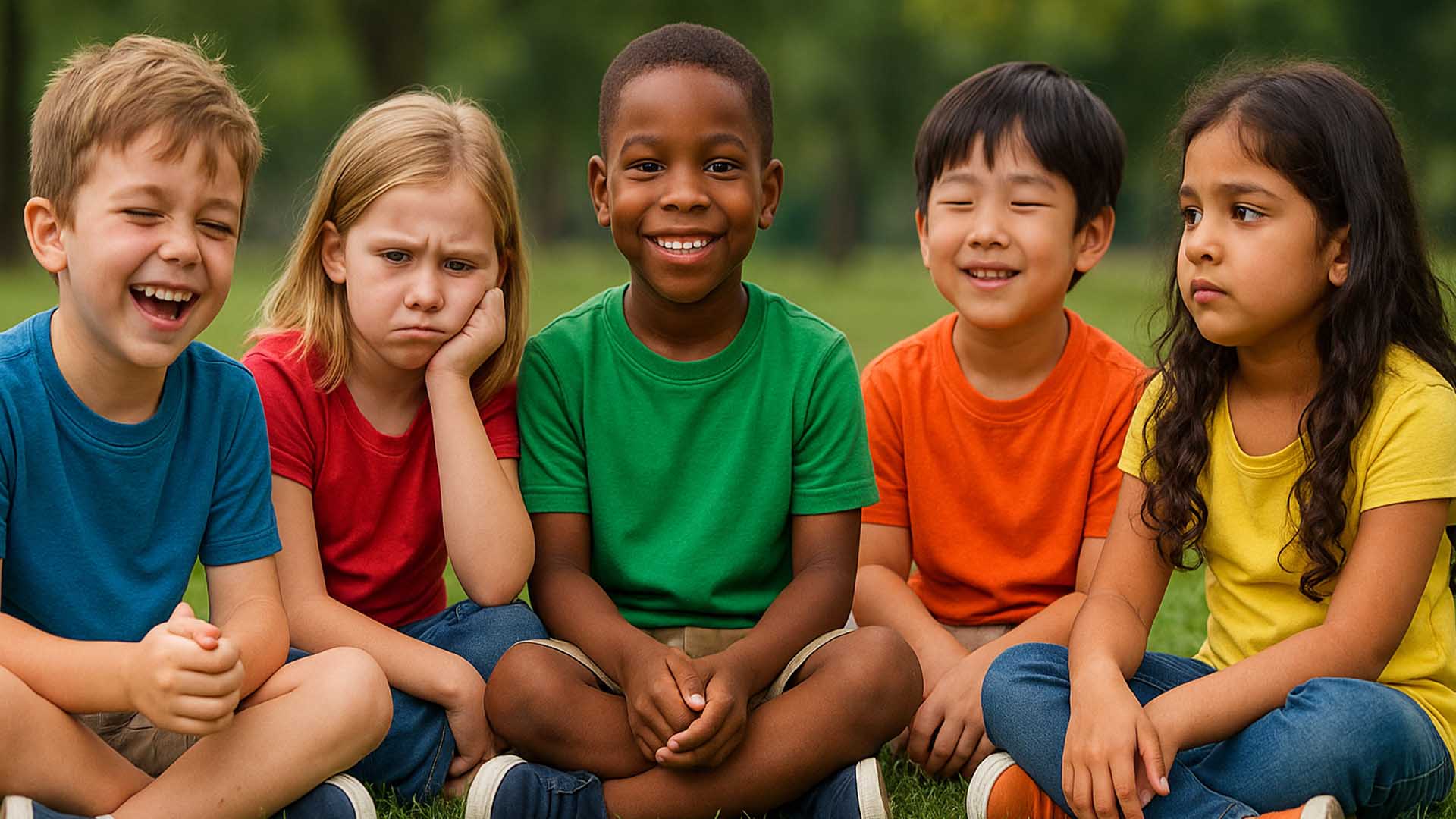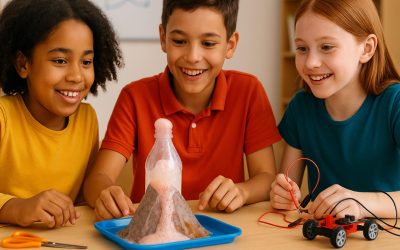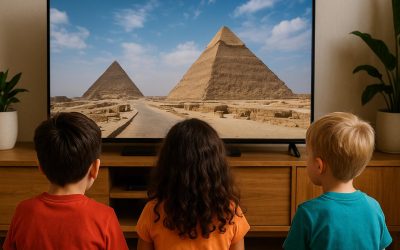Have you ever felt really happy, or super frustrated, or maybe a little bit shy? These are all feelings, and learning how to understand and manage them is a super important skill! It’s called Social-Emotional Learning (SEL), and it’s all about helping you grow a happy heart and strong mind. SEL helps you understand yourself, get along with others, and make good choices. Let’s explore why SEL is so important and how you can practice it every day!
What is Social-Emotional Learning (SEL)?
SEL is about developing five key skills: self-awareness (understanding your own feelings), self-management (managing your emotions and behaviors), social awareness (understanding others’ feelings), relationship skills (getting along with others), and responsible decision-making (making good choices) [1]. Think of it like learning to ride a bike – at first, it’s tricky, but with practice, you become a pro! SEL helps you navigate the world with confidence and kindness.
Understanding Your Feelings (Self-Awareness)
Being self-aware means knowing what you’re feeling and why. When you can name your emotions, it’s easier to deal with them. For example, if you feel angry, you can say,
“I’m feeling angry because…” instead of just yelling. You can practice self-awareness by thinking about how different situations make you feel and why [2].
Managing Your Emotions (Self-Management)
Once you understand your feelings, the next step is to learn how to manage them. This doesn’t mean you shouldn’t feel angry or sad, but it means finding healthy ways to express those feelings. Taking a few deep breaths, counting to ten, or talking to a trusted adult are all great ways to manage strong emotions. Self-management also includes setting goals and working towards them, even when things are tough [3].
Understanding Others (Social Awareness)
Social awareness is all about understanding and empathizing with others. It means being able to tell how someone else is feeling, even if they don’t say it out loud. When you’re socially aware, you can be a better friend and classmate. You can practice social awareness by listening carefully when others speak and trying to imagine how they might be feeling in different situations [4].
Building Strong Friendships (Relationship Skills)
Having good relationship skills means being able to make and keep friends, work well in groups, and resolve conflicts peacefully. It’s about communicating clearly, cooperating, and respecting differences. Playing games, working on school projects together, and even just talking with your friends are all ways to build strong relationship skills [5].
Making Smart Choices (Responsible Decision-Making)
Responsible decision-making is about thinking through your choices and understanding the consequences before you act. It means considering what’s fair, what’s safe, and what’s best for everyone involved. When you make responsible decisions, you’re showing that you’re growing into a thoughtful and caring person [6].
Q&A: Your Questions About SEL Answered!
Q1: Why is it important to talk about my feelings?
A: Talking about your feelings helps you understand them better and lets others know how they can support you. It’s a healthy way to express yourself and can prevent feelings from building up inside.
Q2: What if I find it hard to make friends?
A: Making friends can be tricky sometimes, and that’s okay! Try to be kind, listen to others, and find common interests. Joining clubs or activities you enjoy can also help you meet new people who share your passions.
Q3: How can I practice SEL at home?
A: You can practice SEL by talking with your family about your day, helping with chores, sharing your toys, and listening to different opinions. Even playing board games can help you practice taking turns and managing emotions!
Q4: Does SEL help with schoolwork?
A: Yes! When you understand your emotions and can manage them, you can focus better in class. When you have good relationship skills, working on group projects becomes easier. SEL helps you in all areas of your life, including school!
Sources
[1] National University. What is Social Emotional Learning (SEL): Why It Matters. https://www.nu.edu/blog/social-emotional-learning-sel-why-it-matters-for-educators/
[2] Understood.org. 6 tips for helping your child build emotional intelligence. https://www.understood.org/en/articles/6-tips-for-helping-your-child-build-emotional-intelligence
[3] Centervention. 95 Free Social Emotional Learning Activities. https://www.centervention.com/social-emotional-learning-activities/
[4] NAEYC. Promoting Young Children’s Social and Emotional Health. https://www.naeyc.org/resources/pubs/yc/mar2018/promoting-social-and-emotional-health
[5] Child Focus. Build Social and Emotional Intelligence in Children. https://www.child-focus.org/news/ways-to-build-social-and-emotional-intelligence-in-your-children/
[6] Edutopia. Why Social and Emotional Learning Is Essential for Students. https://www.edutopia.org/blog/why-sel-essential-for-students-weissberg-durlak-domitrovich-gullotta








0 Comments